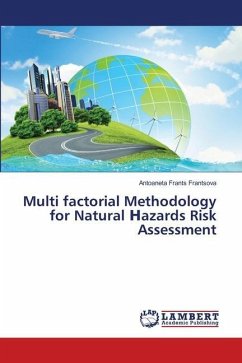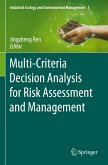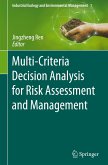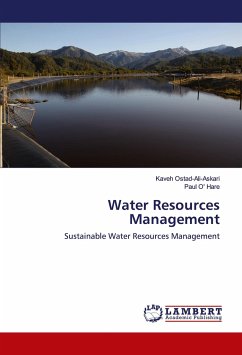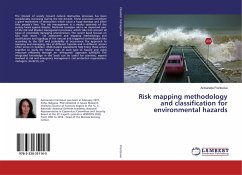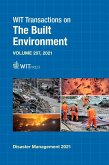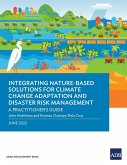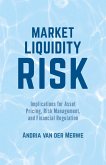The interest of society toward natural destructive processes has been considerably increasing during the last decade. These processes constitute a giant mechanism of destruction which causes huge damage and often takes people's lives. Risk management is a modus operandi of the society faced against disaster. Complex risk (multi-risk) is an important part of the risk and disaster management processes, which take into account all types of potentially damaging phenomenon. The recent book focuses on two main issues: multifactorial risk assessment and mapping methodology and classifications and typology of the natural and triggered technological risks according to the GDP and probability of occurrence. The approach to assessing and managing risks of different hazards and in different sectors often occurs in isolation. Multi-hazard assessments help bring these actors together to study the relative risks of each type of hazard and using resources efficiently through an "all-hazards" approach (UNISDR). The integrated knowledge in this book can be useful for scientists, experts involved in risk and emergency management, civil protection organization, managers, students, etc.

